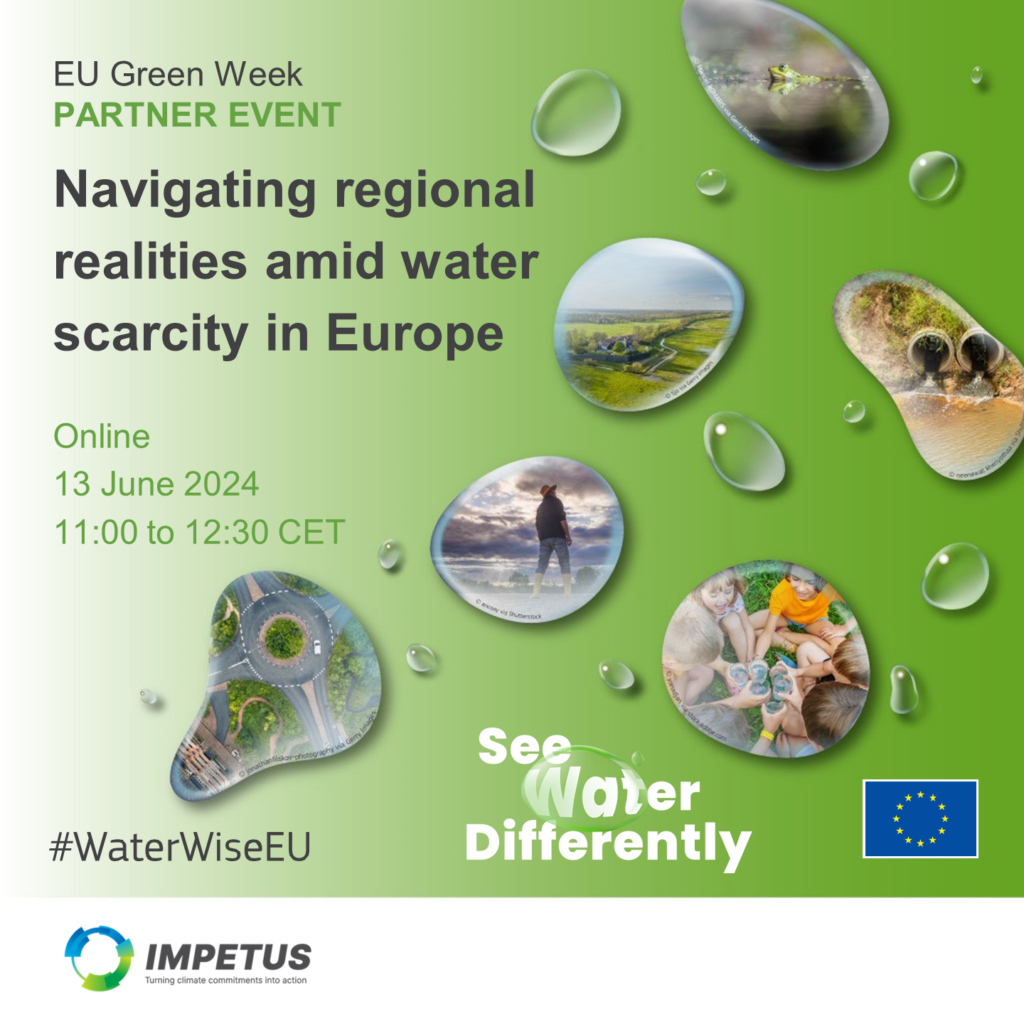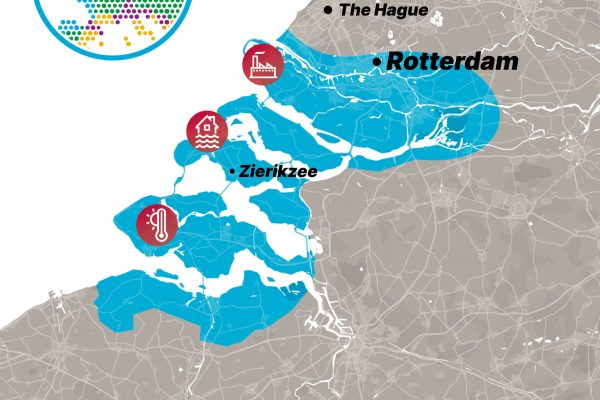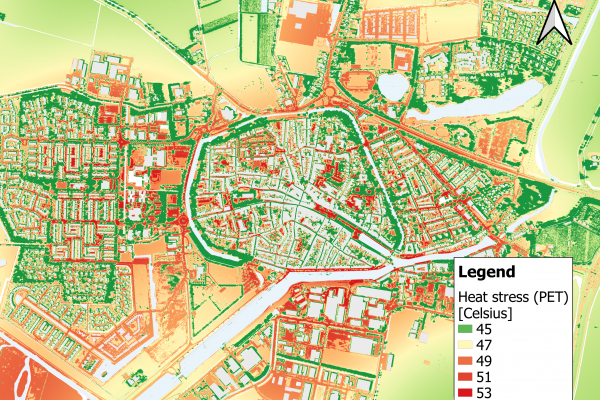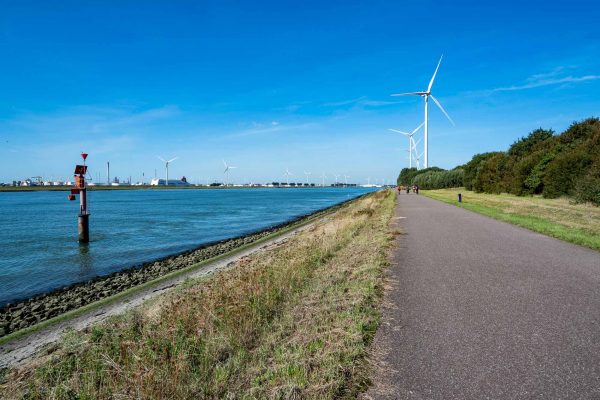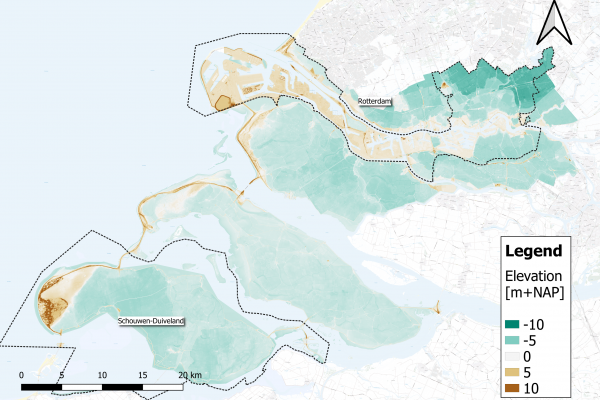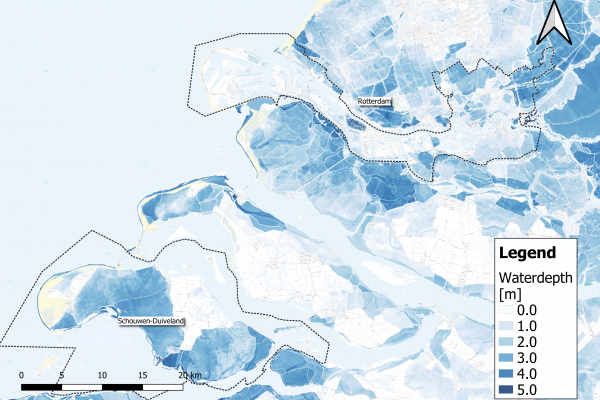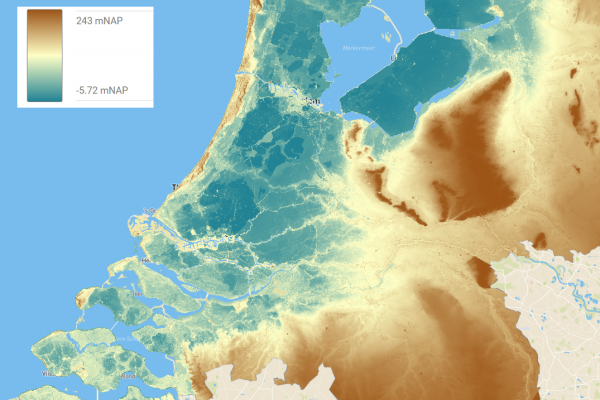EU funded project Climate IMPETUS to host online discussion “Navigating Regional Realities Amid Water Scarcity in Europe” with climate adaptation and water resilience experts as part of the EU Green Week.
On June 13, from 11:00 AM to 12:30 PM, we invite you to join us for the EU Green Week partner event: “Navigating Regional Realities Amid Water Scarcity in Europe”. This event, part of the #WaterWiseEU campaign, promises to be an enlightening and engaging experience focused on raising awareness about water scarcity, sharing testimonials from those impacted and introduce some of the possible solutions for sustainable water management in future.
Why Attend?
Water is a fundamental resource essential for life, the environment, and the economy. However, Europe faces increasing challenges with water management due to climate change, pollution, and ecosystem degradation. This session will delve into the regional realities of water scarcity in Europe and shed light on some of the innovative strategies and collaborative efforts developed by the EU funded IMPETUS and ARSIONE projects aimed at ensuring a resilient and sustainable future for Europe’s water resources.
Event Highlights:
- Welcome by Josep Pijuan Parra, Eurecat: Josep Pijuan Parra, coordinator of the IMPETUS project, will introduce that session and set the tone for the day’s discussions.
- Key Presentations: Learn from leading experts about real-world solutions being trailed across Europe:
- Valle dei Laghi, Italy: Giorgia Robbiati from BIM Sarca-Mincio-Garda will discuss improving agricultural water management in the face of rapid climate change in mountainous regions.
- Catalan Coast, Spain: Gabriel Borràs from the Oficina Catalana del Canvi Climàtic will share strategies to address chronic water scarcity in a popular tourist region.
- Attica, Greece: Klio Monokrousou from the National Technical University of Athens will explore innovative water reuse technologies to tackle water scarcity in urban and rural settings.
- Berlin, Germany: (TBC) Daniel Wicke from KWB is expected to present on “decision theatres” that offer a novel approach to engage stakeholders in for managing reduced water availability in a city like Berlin.
- Main River Basin, Germany: Marion Zilker from VKU and representative of the EU funded ARSIONE project will discuss integrated water management solutions in a densely populated and intensively used area.
- Panel Discussion and Q&A: Engage with experts during a dynamic panel discussion moderated by Joana Diaz Pont from Eurecat. Share your thoughts, ask questions, and explore the barriers and opportunities identified by stakeholders in the water management sector.
Be Part of the Change
This event is more than just a discussion—it’s a call to action. By attending, you’ll be part of a larger movement to foster awareness and promote collaborative solutions for water resilience. Whether you’re a policymaker, researcher, environmental advocate, or concerned citizen, your participation can help drive positive change.
Event Details:
- Date: June 13, 2024
- Time: 11:00 AM – 12:30 PM
- Location: Online
How to Register
To register for this event and join the conversation, visit the EU GREEN WEEK WEBSITE
Spread the Word
Help us reach a wider audience by sharing this event with your network. Together, we can build a water-resilient Europe.
